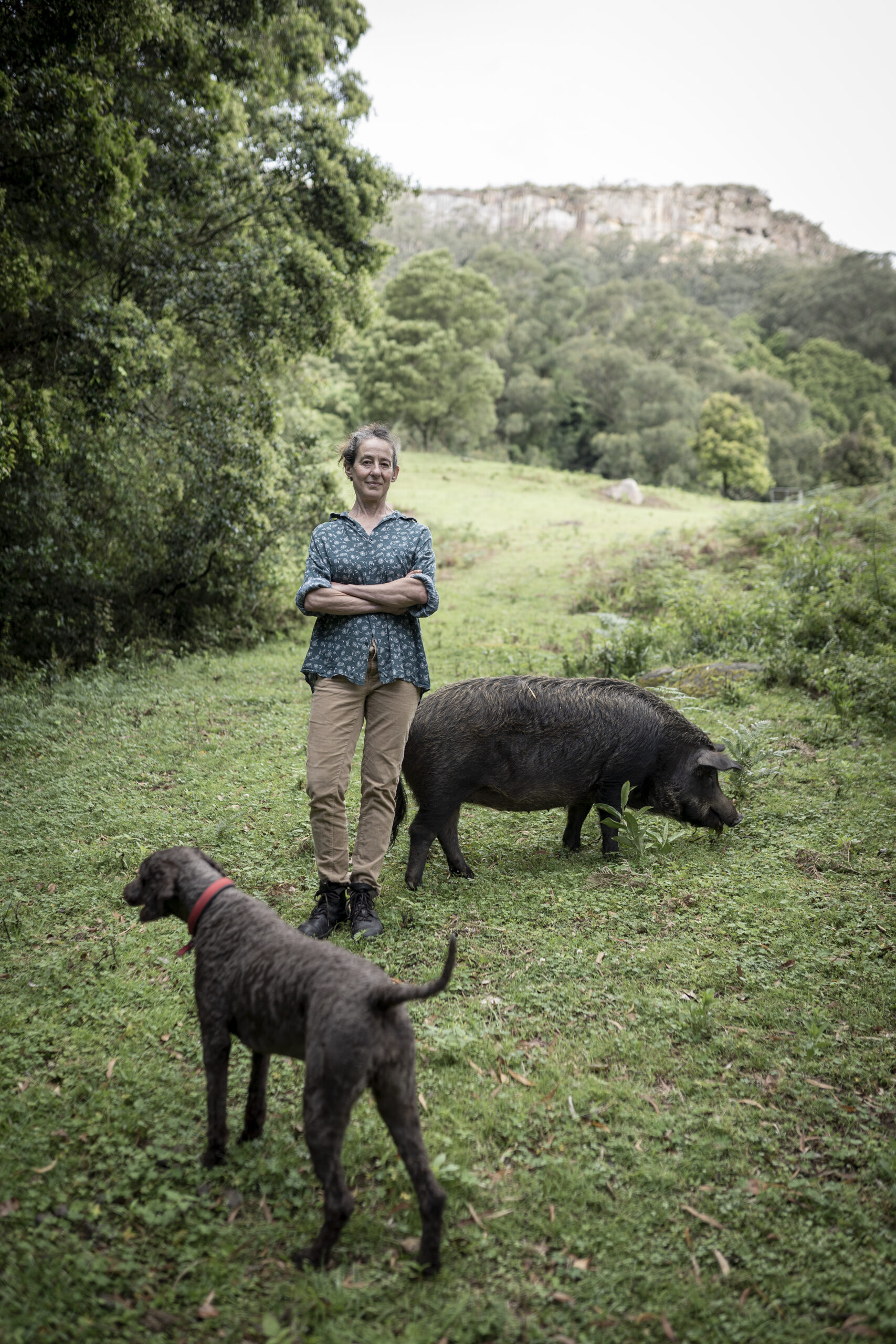Applications are now open for HDR scholarships at Curtin University that align with strategic projects. https://study.curtin.edu.au/higher-degree-by-research/rtp-scholarship/
Expressions of interest are sought from domestic Australian candidates working in areas aligned with the research program Posthumanities, Animalities, Environments: Transformative Concepts and Methods for the Anthropocene.
Over the last few decades, the status of ‘the human’ has been challenged on a number of fronts. Scientific knowledge of animal culture, mind and behaviour has questioned presumptions of human uniqueness. New media, robots and other technologies have transformed our sociality, producing new ways of living, dying and communicating with nonhuman others. Climate change and the Anthropocene thesis have brought to the fore our embeddedness in a wider environment subject to entangled processes of construction, destruction and extinction. And with these reconfigurations of the place of the human come questions about the capacity of traditional humanities scholarship to adequately account for these new dimensions to its object of study.
Aiming at identifying the constraints and the opportunities these cultural and intellectual developments broach, the Posthumanities, Animalities, Environments research program is dedicated to understanding these challenges to the status both of the human and the humanities.
The program is situated at the overlap of three fields of contemporary scholarly innovation: the posthumanities, the animalities, and the environmental humanities. Drawing on scientific domains such as systems and complexity theory, as well as concepts from poststructuralism and critical theory, the posthumanities provide new understandings of what it means to be human in a technological age. The animalities articulates work in ethology and animal studies with Continental philosophy to explore the diversity of human relationships with animals and the significance and potentialities of our shared, mutually transformative animality. In the environmental humanities, the pressing contemporary challenges of climate change, biodiversity loss and extinction and other questions of more-than-human entanglement are explored from a humanistic standpoint informed by environmental philosophy, history, geography and culture. Working where these domains intersect, the Posthumanities, Animalities, Environments research program seeks to develop transformative concepts and methods for humanities research in the Anthropocene.
Key problems tackled by this program include:
- understanding the role, status, potential and limits of human values and human agency in today’s changing world of new relationships, technologies, knowledge and risks
- formulating and assessing new methodological practices appropriate to the changing human condition and to the changing demands of humanities research
- identifying how to anticipate and respond to the challenges posed to contemporary political, social, economic and conceptual systems by increasing recognition of human entanglement with nonhuman systems, forces and entities
- determining the potential to compose new relations with various others—animals, machines, things, environments—and how to anticipate and evaluate the effects of these relations
Attempts to address these and related problems are currently underway in projects examining the history and effects of changing zoo biology practices; identifying the challenges presented to contemporary understandings and practices of democracy by increasing public concern for animal welfare; devising methods for pursuing fieldwork as an intellectual and empirical practice of philosophy; analysing forms, capacities and technologies of ‘attention’ in terms of their ecological as well as their economic significance; and conceiving the potential for response and responsibility on the part of both humans and nonhumans in the wake of climate change and anthropogenic extinction.
We seek PhD students with Honours level undergraduate training in concepts and methods from cultural studies, critical theory, posthumanism, science and technology studies, animal studies, and/or the environmental humanities to engage in research connected to the following areas:
- Multispecies ethnography/etho-ethnology: ethnographies of worlds produced not only by human agents but in collaboration with nonhuman actants, particularly animals but also plants and others.
- Philosophical ethology: following the work of scholars such as Dominique Lestel and Vinciane Despret to explore the myriad lessons the humanities and social sciences can learn from ethological experiments in animal behaviour and human-animal collaboration—and vice versa.
- Extinction studies: engaging both with discourses of conservation significance and with entangled material processes of death and generation in order to trace the unravelling of social and ecological communities and newly generative modes of attachment and reworlding.
- Field philosophy: developing new methodologies for conducting humanities research by speculating on and experimenting with the kind of field practices that might emerge within philosophy.
- Biopolitics and the nonhuman: identifying and analysing the scope for contemporary structures and rationales of politics and government to accommodate changing relations between human and nonhuman forms of life.
Contact: Matthew Chrulew <Matthew.Chrulew@curtin.edu.au>


